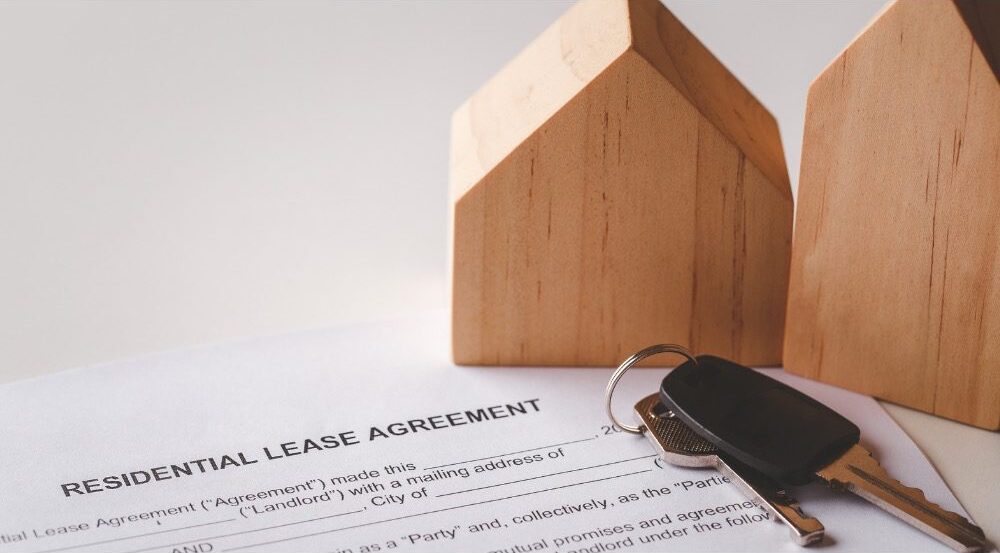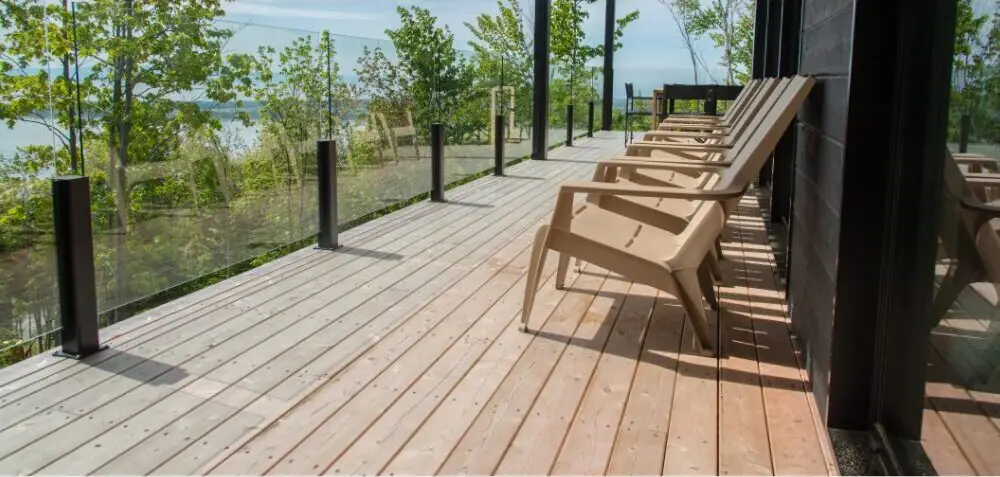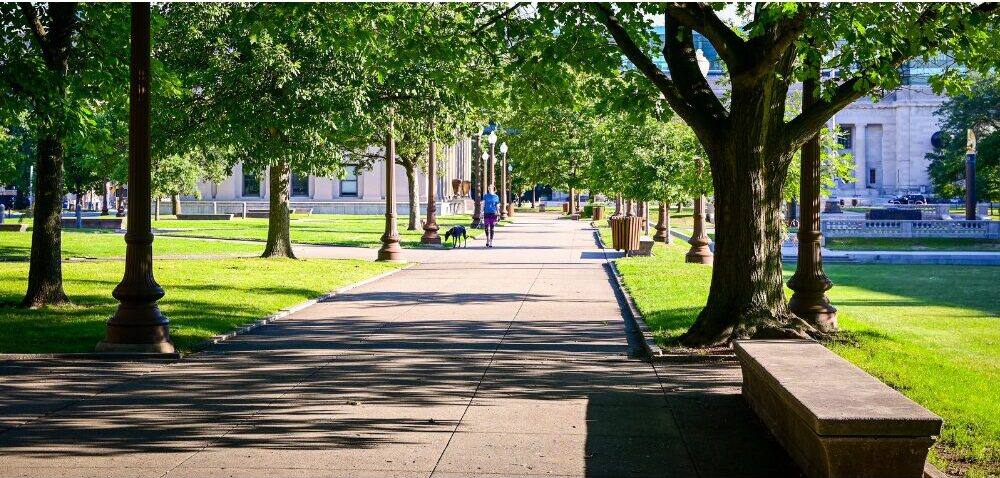
Navigating the rental landscape can be daunting, especially when it comes to understanding the responsibilities of landlords. Washington State Law RCW 59.18.060 outlines what landlords must do to ensure their properties are safe and habitable for tenants.
Landlords’ Legal Responsibilities
- Fit for Habitation: Landlords are legally required to keep their rental properties fit for human habitation. This means adhering to all relevant codes and regulations that ensure the health and safety of tenants. If a condition arises that jeopardizes safety, landlords must address it promptly.
- Structural Maintenance: Landlords must maintain the structural components of the property like roofs, walls, and foundations.
- Common Areas: Shared spaces must be kept clean and safe. Landlords are responsible for ensuring these areas are free from hazards that could lead to accidents or fires.
- Pest Control: A reasonable pest control program should be in place, especially at the beginning of the tenancy. For multi-family residences, landlords must address pest infestations that are not caused by tenants during the lease.
- Repairs and Maintenance: Landlords are required to make necessary repairs to maintain the property in the condition it should have been at the start of the tenancy, excluding normal wear and tear.
- Security: Adequate locks must be provided, along with keys to ensure tenant security.
- Utilities: Landlords must maintain all utilities and essential services like water, heating, and electricity in good working order. Notably, they cannot terminate these services during heat-related weather alerts.
- Fire Safety Compliance: Landlords must inform tenants about fire safety measures, including the presence and maintenance of smoke detectors and fire alarm systems. They must also provide emergency evacuation plans and other safety protocols.
- Mold Awareness: Landlords are obliged to provide information regarding the risks associated with indoor mold and how tenants can manage it to minimize health hazards.
- Designated Contacts: Tenants must be informed of the landlord's name and contact information. If the landlord lives out of state, an authorized agent within the state must be designated for communication and service of notices.
Liability Limitations
Normally, a landowner can only be held liable for unsafe conditions about which they had notice. However, if the landowner created the condition, the injured person does not have to show prior notice. While landlords have a duty to maintain the property, they are not liable for damages caused by tenant behavior. Tenants must also allow reasonable access for repairs.
Contact an Experienced Premise Liability Lawyer
Understanding landlord responsibilities is crucial for tenants to ensure their rights are protected. If you encounter issues in your rental, knowing these obligations can empower you to address concerns with your landlord effectively. Always refer to your rental agreement and local laws for specific details related to your tenancy.
It is important to have an experienced premises liability attorney assist you in your claim. If you would like to discuss your injury claim with one of our premises liability attorneys, please call 800.273.5005 or email our attorneys at to schedule a free lawyer consultation.


